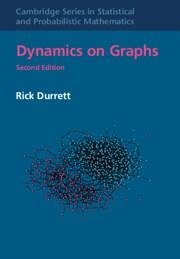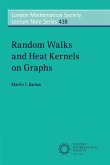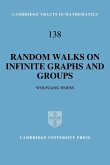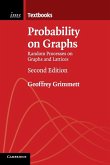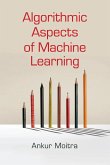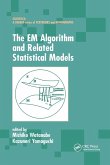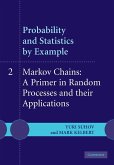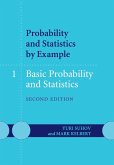This extensive revision of the 2007 book 'Random Graph Dynamics,' covering the current state of mathematical research in the field, is ideal for researchers and graduate students. It considers a small number of types of graphs, primarily the configuration model and inhomogeneous random graphs. However, it investigates a wide variety of dynamics. The author describes results for the convergence to equilibrium for random walks on random graphs as well as topics that have emerged as mature research areas since the publication of the first edition, such as epidemics, the contact process, voter models, and coalescing random walk. Chapter 8 discusses a new challenging and largely uncharted direction: systems in which the graph and the states of their vertices coevolve.
Hinweis: Dieser Artikel kann nur an eine deutsche Lieferadresse ausgeliefert werden.
Hinweis: Dieser Artikel kann nur an eine deutsche Lieferadresse ausgeliefert werden.

